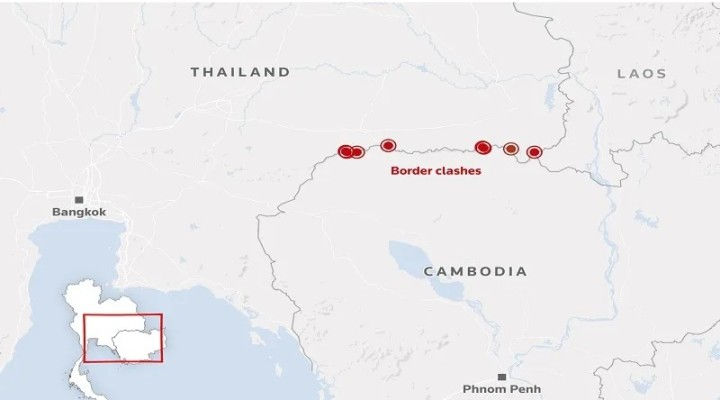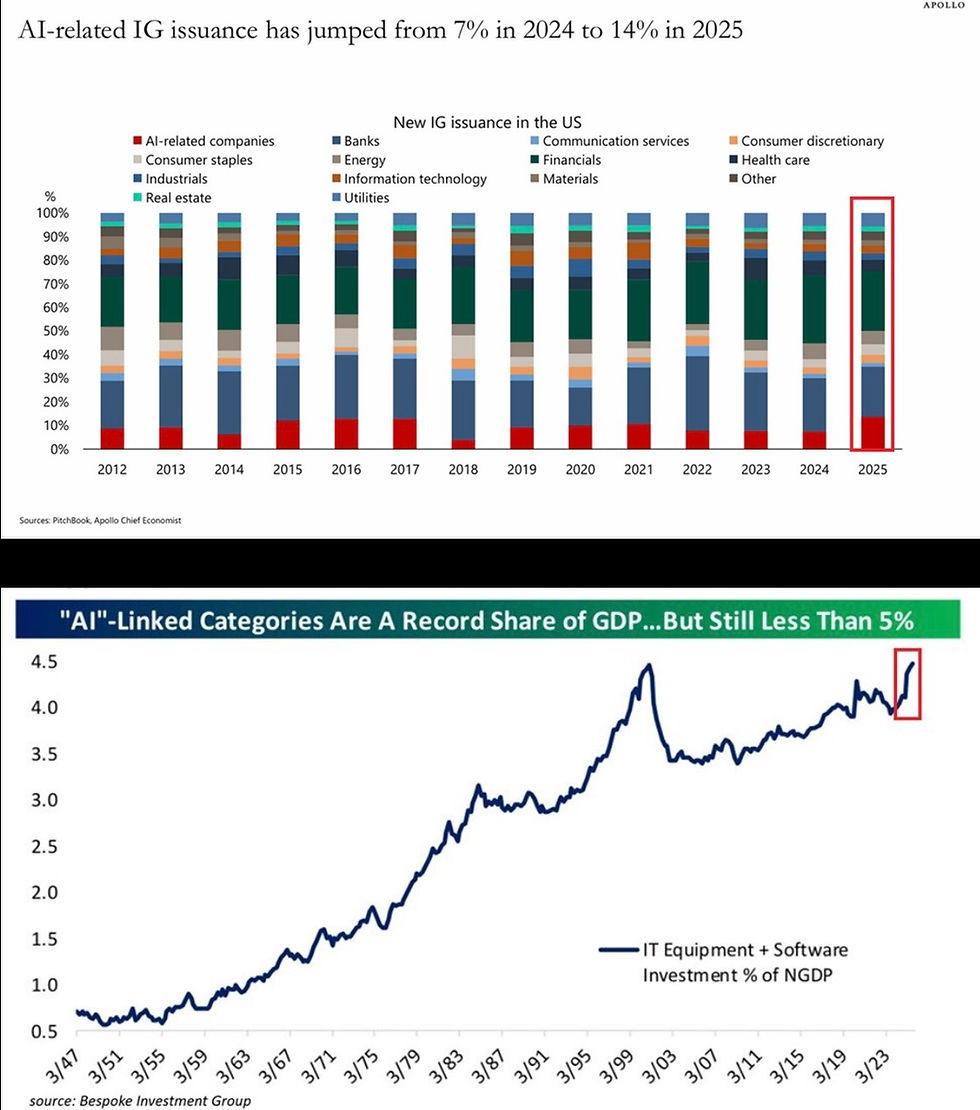More conflict
- Gustavo A Cano, CFA, FRM

- Jul 27, 2025
- 1 min read
The Thailand-Cambodia conflict, escalating in July 2025, centers on a century-old border dispute, particularly around the Prasat Ta Muen Thom temple, rooted in colonial-era French border demarcations. Thailand, a Major Non-NATO Ally (MNNA) of the U.S. since 2003, benefits from strong military ties, including access to U.S. weapons and joint exercises, but it’s not granted Article 5 benefits, that will imply a NATO intervention if a member is attacked. Thailand military, with 361,000 personnel and advanced weaponry like F-16 jets, significantly outmatches Cambodia’s smaller, younger force of 124,300, established in 1993. Cambodia, closely aligned with China, relies on Chinese military support, and hosts a Chinese naval base. The conflict highlights geopolitical tensions: Thailand’s U.S. alliance contrasts with Cambodia’s China ties, though Thailand has recently diversified its military partnerships, including with China. Both nations accuse each other of initiating hostilities, with Thailand favoring bilateral talks and Cambodia seeking UN intervention. China has offered mediation, leveraging its economic influence, while the U.S. urges de-escalation, reflecting competing regional influences. The risk in this conflict is escalation, where China and the U.S. find themselves confronted in yet another conflict, where neither wants to engage, but its once again manifesting the multipolar world we’re living in.
Want to know more? You can find all our posts at https://www.myfundamental.net/insights
#iamfundamental #soyfundamental #wealthmanagement #familyoffice #financialadvisor #financialplanning #policymistake #ratecut #stagflation










Comments